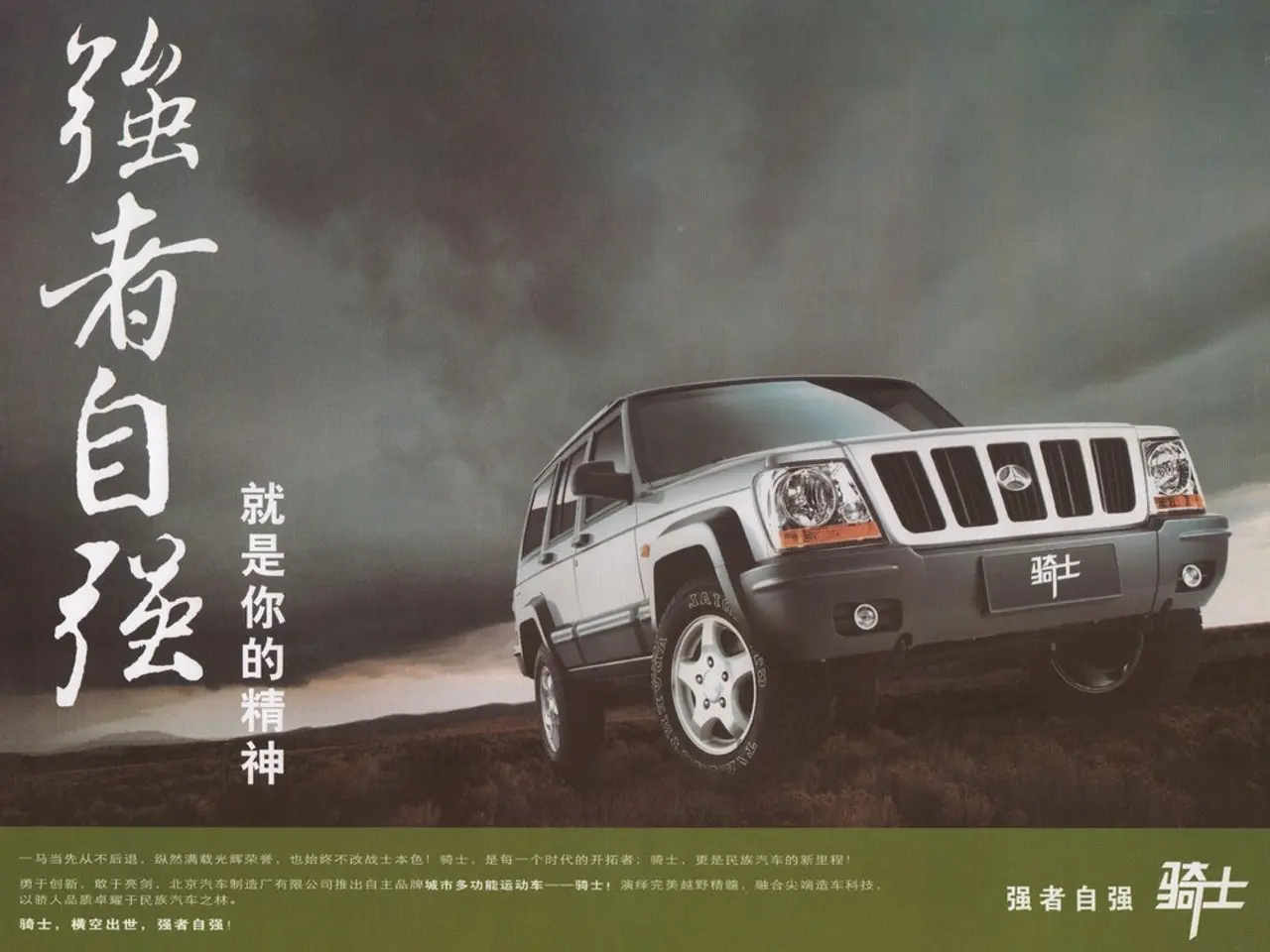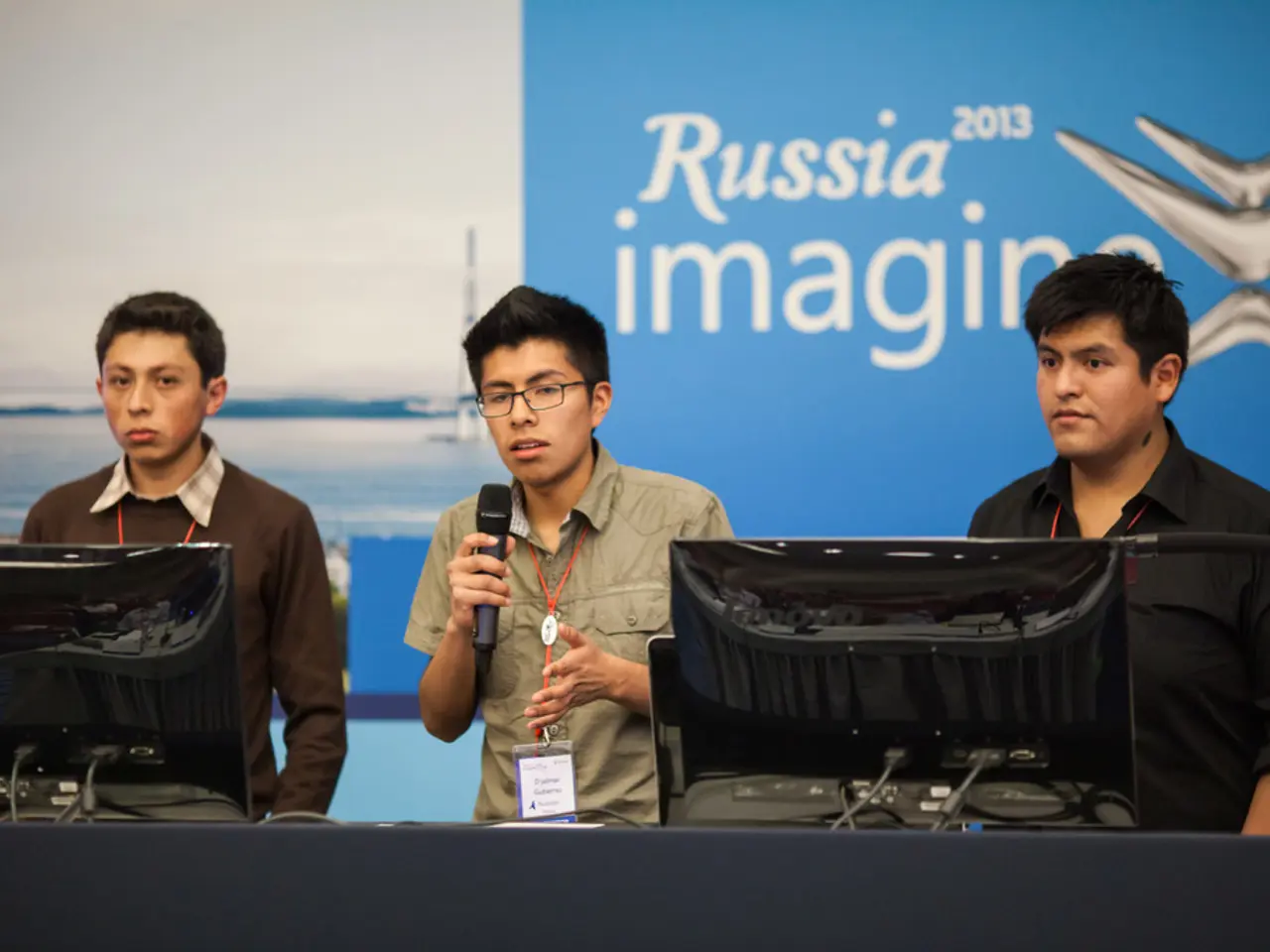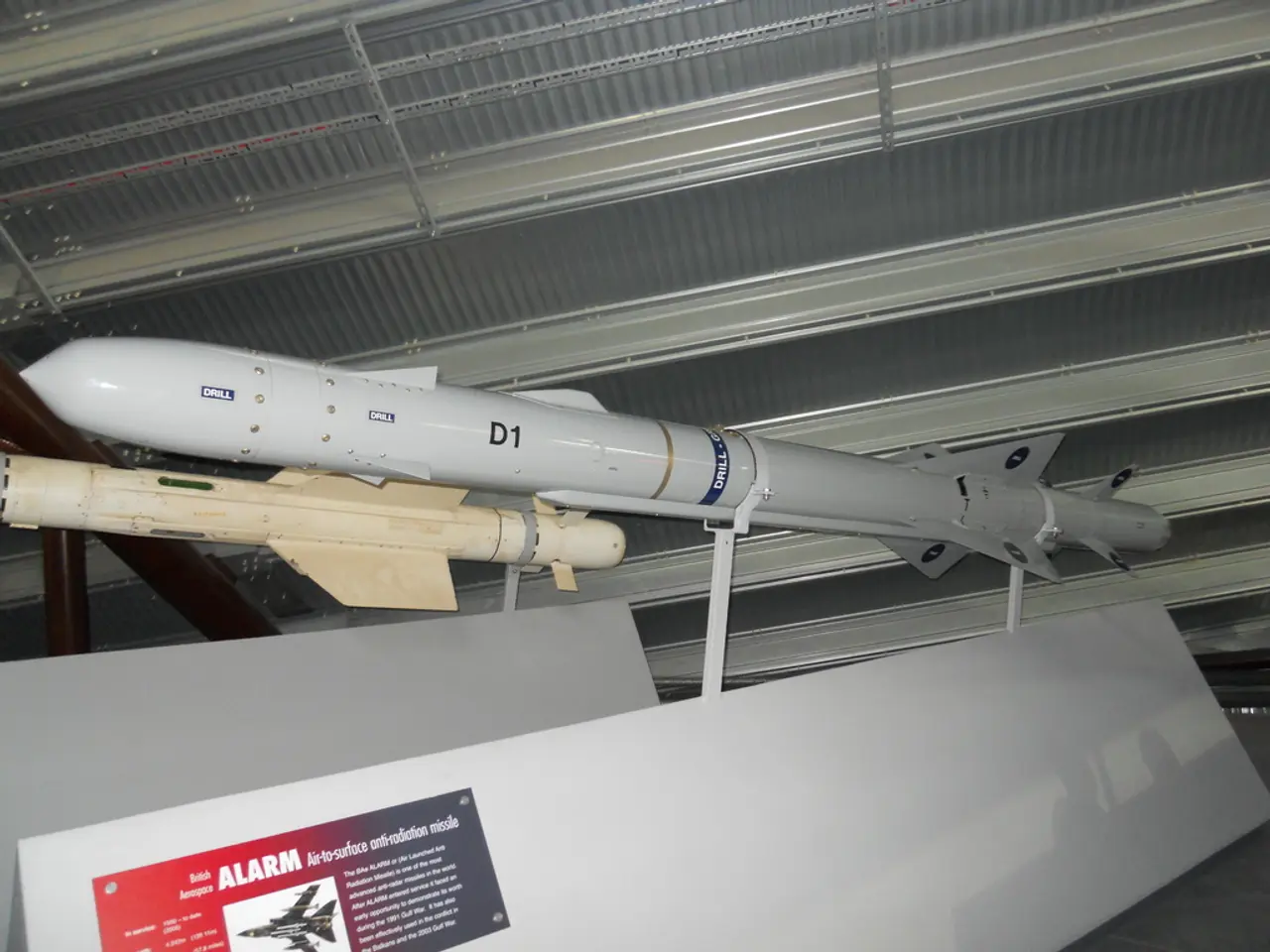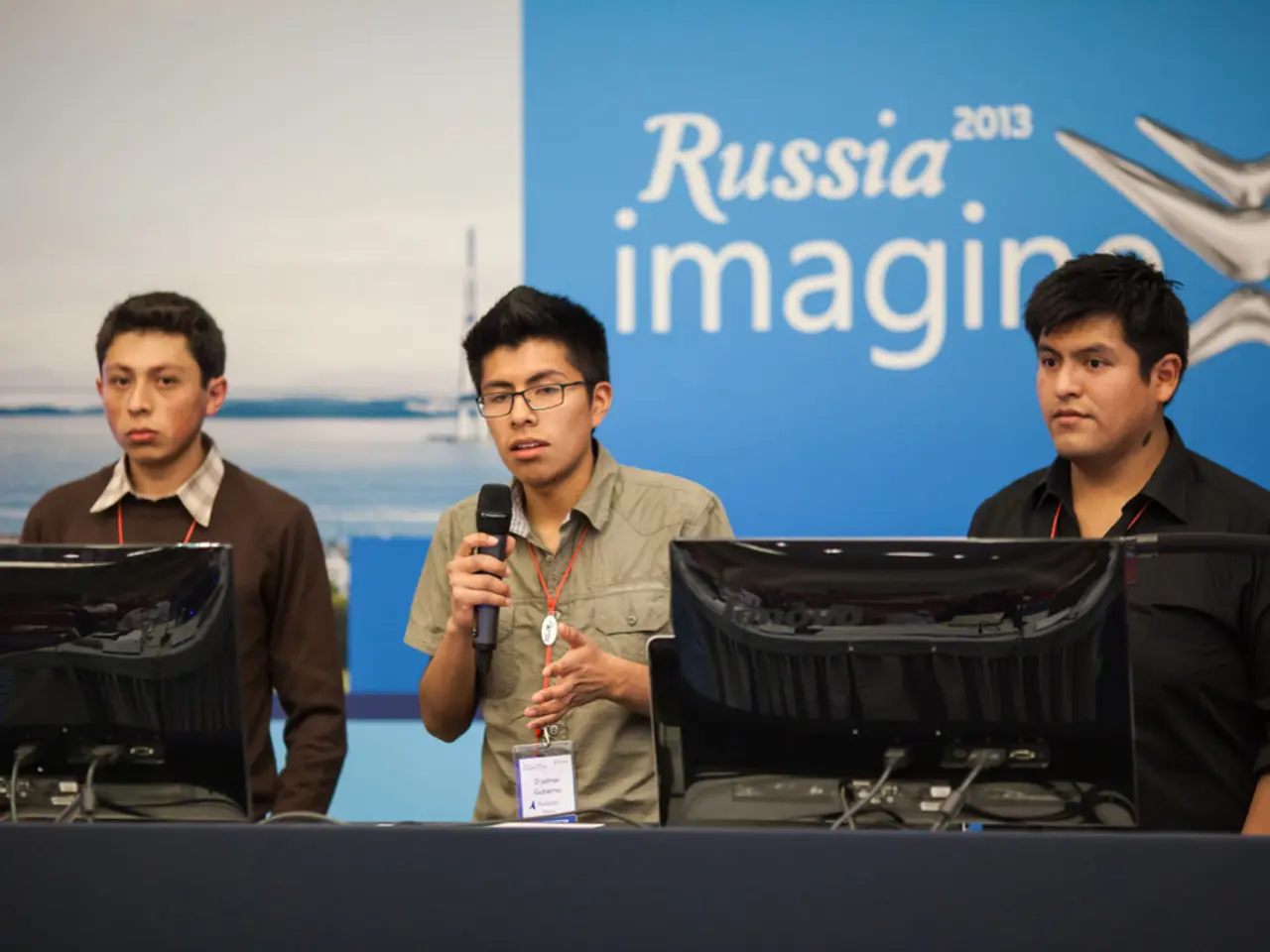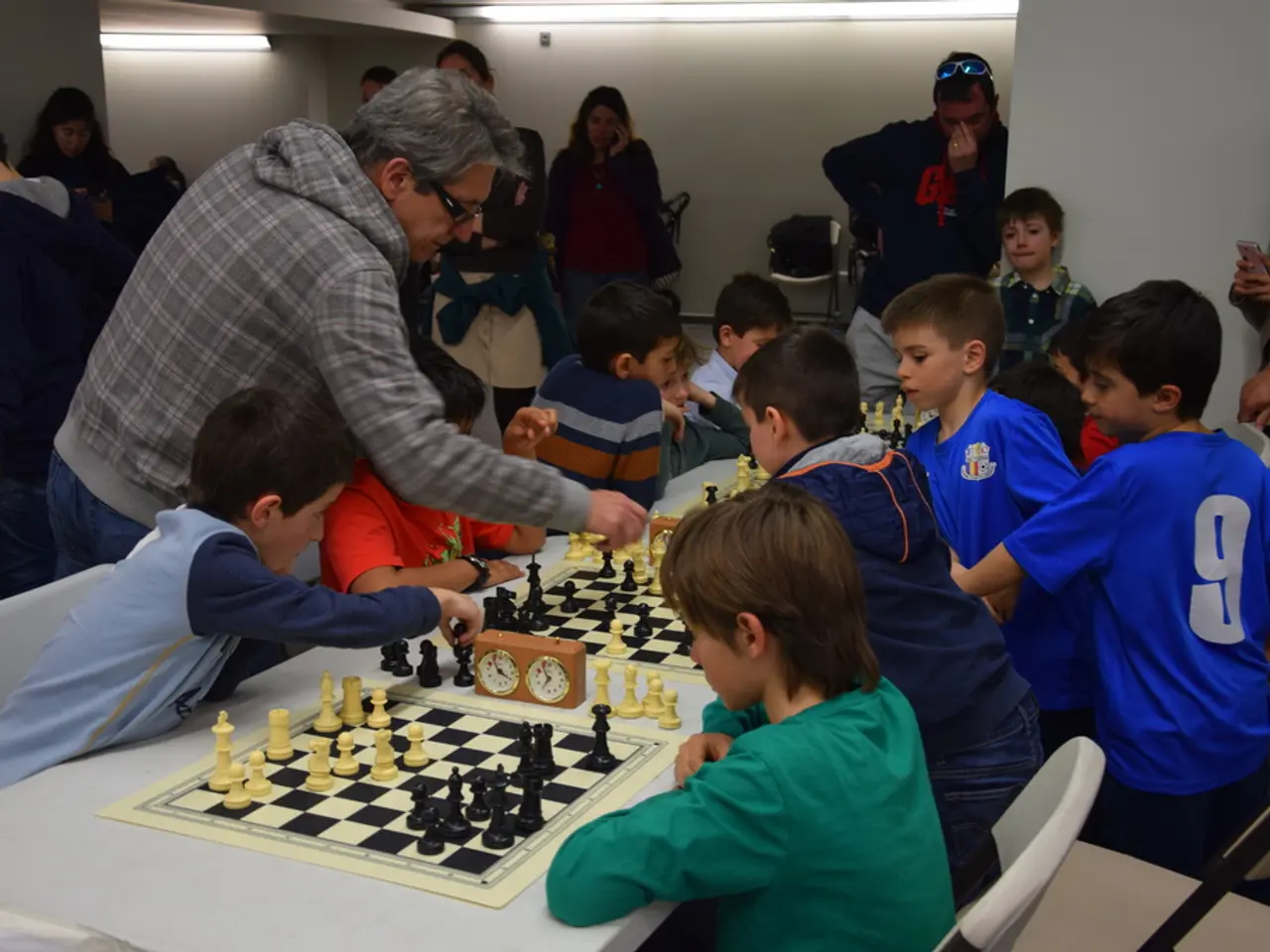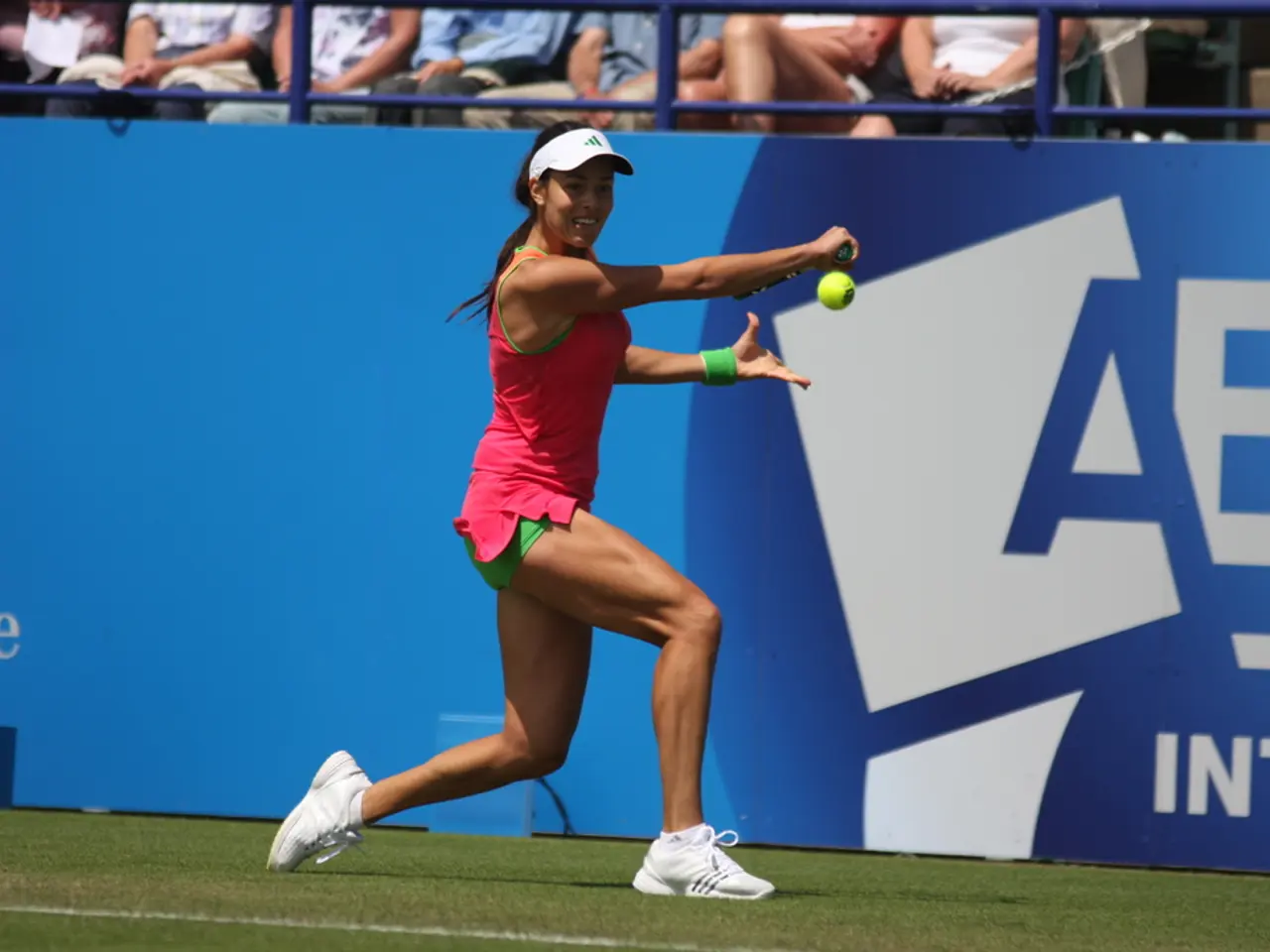US-China negotiations conclude without a trade agreement; implications moving forward
The much-anticipated US-China trade talks in Stockholm concluded without a decision on a 90-day tariff pause, a key point of contention for markets and negotiators alike [1]. Despite constructive discussions on broader topics such as rare earth minerals, semiconductors, and other economic themes, no agreement was reached on this critical issue by the end of the meeting [1].
Negotiators from both sides, including US Treasury Secretary Scott Besson and Trade Representative Jameson Greer, concluded the talks without finalizing the tariff pause. President Trump indicated that he would decide on the tariff pause after a briefing following the talks [1]. Other issues appear to be under discussion, with some positive outlook, as indicated by subsequent talks suggesting possible deadline extensions for the trade deal, but the tariff pause remains the central unresolved sticking point as of the Stockholm round [2].
The US-China trade dispute, which has caused global uncertainty and impacted economic growth, is a continuation of a 90-day truce announced in May after talks in Geneva. After the Geneva meetings, US tariffs on Chinese goods were reduced from 145% to 30%, while China's retaliatory tariffs dropped from 125% to 10% [2].
Dr. Kim, an expert, highlights that US concerns about Chinese overcapacity or the need for consumer-driven growth may be manageable, as some of their interests are aligned. For instance, Chinese purchases of non-strategic US goods, Chinese investment in non-sensitive US sectors, and cooperation on fentanyl are areas where the two nations' interests overlap [3].
However, negotiations that enter the strategic realm, like the Trump administration pressing China on their purchases of Russian and Iranian oil, will get more challenging [3]. Soong, a MERICS expert, states that China has the upper hand in the global market for rare earth materials and magnets, which are crucial for the world's car, semiconductor, and aerospace industries [4]. Failure to reach a deal could see tariffs on Chinese goods surge back to triple-digit levels.
Soong further explains that rare earth control is the real pain point in the US-China trade dispute. If the 20% fentanyl tariff is scrapped, equivalent measures would likely be reintroduced under a different justification [5]. China added two fentanyl precursors to its list of controlled substances in late June, but the 20% fentanyl-related tariffs remain in place [6].
Key differences remain unresolved after the talks in Stockholm. China will "certainly have demands" of their own, including pushing the Trump administration to adopt their preferred language and stance on Taiwan, and to commit to exempt export restrictions on high-tech goods [7].
The US has recently signed deals with Japan, the United Kingdom, Vietnam, Indonesia, and the Philippines, giving the trade delegation in Stockholm a boost as it renewed talks with China [8]. The trade war between the two countries had threatened to impose tariffs of more than 100% on each other [9]. Treasury Secretary Scott Bessent called the meetings "constructive," but stressed that "nothing is agreed until we speak with President Trump" [10].
As the outcome of extending the truce now depends on US President Donald Trump, the talks in Stockholm serve as a stepping stone towards resolving the ongoing trade dispute between the world's two largest economies.
- The lack of a decision on a 90-day tariff pause in US-China trade talkshas left market and negotiators uncertain, as the conversation in Stockholm concluded without finalizing this critical point [1].
- International media reported that negotiators from both the US and China, including Treasury Secretary Scott Besson and Trade Representative Jameson Greer, failed to reach an agreement on the tariff pause [1].
- Asia, Europe, America, and beyond are closely watching the US-China trade dispute, as the issue has caused global uncertainty and impacted economic growth [2].
- In his comments, President Trump hinted that he would decide on the tariff pause after receiving a briefing following the talks in Stockholm [1].
